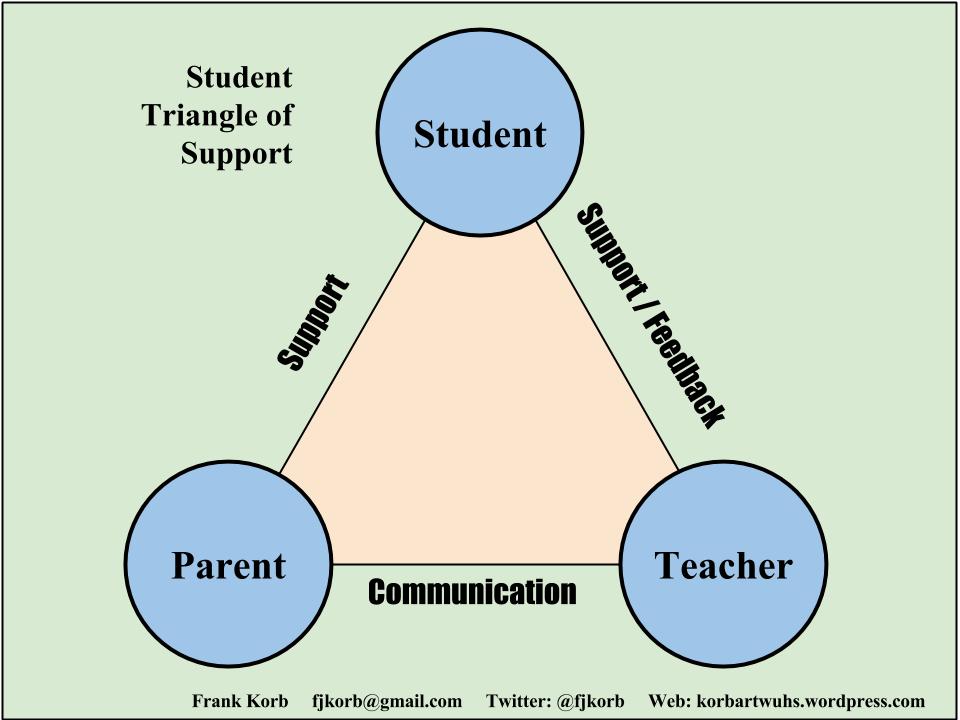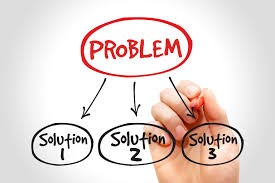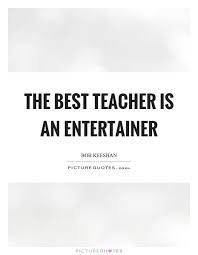|
Over the last two weeks I've discussed the parent's and child's role in the journey, today it's the teacher's. The road to learning anything new is never smooth. There are ups and downs, struggles and joys and the teacher is there to accompany the learner through them all, the good times and the bad. Role 1 - Facilitating open communication
Role 2 - Identifying and solving problems These problems may be emotional and related to the child, or technical / musical related to the piece of music. Children arrive for their lessons in various moods and states of readiness to learn and teachers need to be able to observe and adjust their teaching to suit the child. This can be pretty hard to do as we are under time pressure and want to teach the child as much as we can in the time available, however sometimes it's just necessary to abandon the plan and go with how the child is feeling. Role 3 - Entertainer
Role 4 - Researcher As teachers we have to be endlessly curious about how we can teach 'better' (helped by ongoing professional development, for example from The Curious Piano Teachers, or membership of Facebook groups for teachers); what resources we can find for our students; which piece will suit which student; how to find a piece a student has requested that is arranged suitably for their level. Role 5 - Educator Not only do we need to educate ourselves and our students (this has been discussed in earlier posts), but we also need to educate parents. Many parents long to play instruments themselves and either didn't as a child, or did and gave up too soon and regret it, or did and became quite successful - whichever it is teachers need to let parents know what music education looks like today. It looks pretty different from what they experienced as a child or think they already know and they may not recognise it as what they want for their child. But it is what their child needs if they are to become fulfilled musicians. Music education has moved on and these days high quality music education teaches the whole child all the skills they need to be successful musicians. So children learn through movement, songs, games, rhymes, they learn to play by ear and from notation, they are encouraged to make up their own music and 'mess around' on the piano. Learning an instrument is not just learning to decipher dots someone else wrote on a page. I'm sure there are many roles that I've missed. Can you help teachers become better by identifying any more? I'll be taking a break from blogging until after Christmas. The purpose of these first posts has been to help educate readers about why music is important, what good quality music education looks like and how they can help their children succeed. In January I'll look at a different topic.
0 Comments
Your comment will be posted after it is approved.
Leave a Reply. |
Caroline BlountDirector of Surrey Music School. Archives
January 2024
Categories
All
|



 RSS Feed
RSS Feed